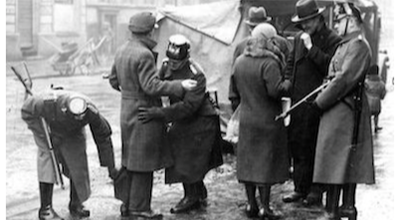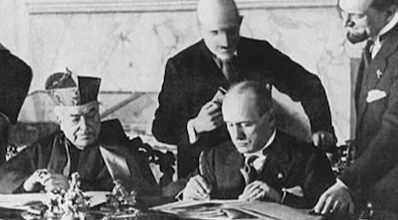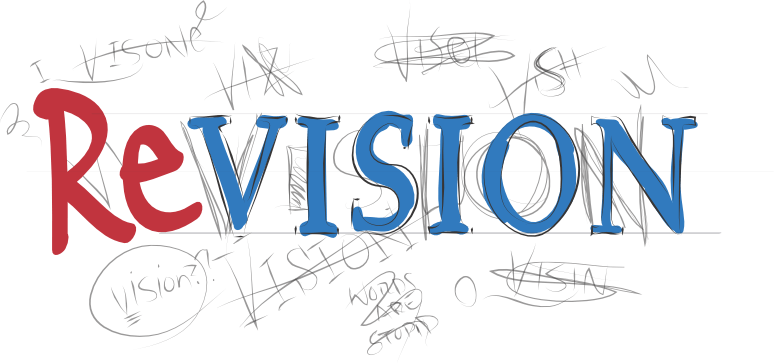Matu syllabus reference - Etats totalitaires (fascisme, nazisme, stalinisme) analyser les mouvements totalitaires dans leurs dimensions idéologiques et sociologiques ; saisir les mécanismes de prise de pouvoir et de domination totalitaire; décrire la logique belliqueuse et situer les principales étapes menant à la 2e guerre mondiale. Matu syllabus
|
This unit features in the IB DP syllabus as Topic 10. Authoritarian States. It is the first of two topics which are central to our coverage for the essay paper 2.
Students who wish to be considered for the Ecole Moser Double Diploma will be encouraged to complete additional assignments in this unit beginning with the additional lessons on this page. |
Revision
|
This the hardest unit to compress and summarise as an A4 Revision essential (a printable but not editable A4 sheet) with the absolute essentials to hopefully help you pass the Matu. Sydney's notes can be supplemented by Josh's who usefully gives detailed examples from each case study on rise, consolidation and maintenance and policies.
|
End of Unit Test
There will be three sections to the end of unit test, you have 70 minutes to complete it. This will be a handwritten test.
Section A - Factual recall. [10 marks]
These 20 questions will require short - even one-word - answers that test your knowledge of the unit. Facts mean names, dates, places etc.
There will be three sections to the end of unit test, you have 70 minutes to complete it. This will be a handwritten test.
Section A - Factual recall. [10 marks]
These 20 questions will require short - even one-word - answers that test your knowledge of the unit. Facts mean names, dates, places etc.
Section B - Concepts [5]
This unit has focussed on a number of difficult conceptual ideas, this section tests your understanding.
Questions to prepare:
What is fascism?
What is modern authoritarianism?
What is political consent?
What is formal and informal social control?
This unit has focussed on a number of difficult conceptual ideas, this section tests your understanding.
Questions to prepare:
What is fascism?
What is modern authoritarianism?
What is political consent?
What is formal and informal social control?
|
|
|
|
|
Where appropriate these questions should be supported by examples from the historical record i.e. Fascist Italy, Nazi German and USSR.
Section C - Explanation [15]
Because this unit covers a significant amount of content and some complex concepts and ideas, you will be given the questions to prepare in advance. Each question requires you to make a direct comparison between two authoritarian states. Obviously, this is a big question that requires you to make a number of big points, but each should be supported with detailed factual support. You can choose which states to include in your answer.
You will be given a choice of two of the following questions:
Explain the importance of war and economic factors in the rise to power of any two authoritarian states you have studied.
Explain how both formal and informal social control were important in the maintenance of power in any two authoritarian states you have studied.
Explain how cultural policies and foreign policies were important in winning the support of the people in any two authoritarian states you have studied.
Section C - Explanation [15]
Because this unit covers a significant amount of content and some complex concepts and ideas, you will be given the questions to prepare in advance. Each question requires you to make a direct comparison between two authoritarian states. Obviously, this is a big question that requires you to make a number of big points, but each should be supported with detailed factual support. You can choose which states to include in your answer.
You will be given a choice of two of the following questions:
Explain the importance of war and economic factors in the rise to power of any two authoritarian states you have studied.
Explain how both formal and informal social control were important in the maintenance of power in any two authoritarian states you have studied.
Explain how cultural policies and foreign policies were important in winning the support of the people in any two authoritarian states you have studied.










